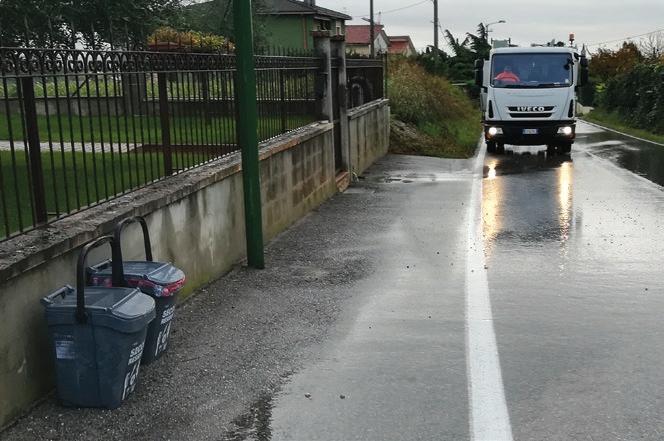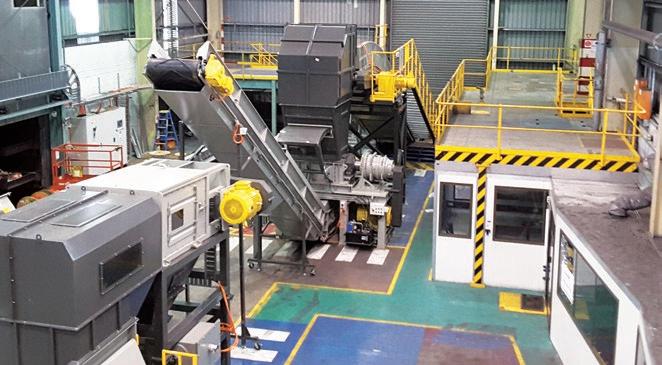UP FRONT
Cans coordination WASTE MANAGEMENT REVIEW EXPLORES THE BARRIERS TO INTRODUCING A WELL-RUN CONTAINER DEPOSIT SCHEME IN WA.
W
hen implemented effectively, the benefits of a container deposit scheme (CDS) are a no brainer. By reducing litter, creating a clean stream for glass manufacturing and a host of other benefits, it’s easy to see why CDSs are being now being introduced in almost all states and territories. South Australia was the first state in 1977 to introduce a CDS. More than 40 years on, beverage containers make up a mere 2.8 per cent of litter, with a 77 per cent return rate. NT followed suit decades later in 2012, while NSW implemented a scheme at the end of 2017, QLD in 2018 and now WA in 2019. Victoria and Tasmania have yet to establish their own schemes, with pressure on Victoria from a number of groups such as the Boomerang Alliance to do so. But with any successful implementation, the devil is in the detail and all eyes are on WA to ensure its adequately planned for and governments heed the lessons of previous schemes. In May, the WA Government chose a coordinator for the state’s CDS. Environment Minister Stephen Dawson announced WA Return Recycle Renew Limited had been selected to operate the scheme which starts in early 2020. WA Return Recycle Renew is a newly incorporated not-for-profit established by Coca-Cola Amatil and Lion. Local government has long supported the implementation of a CDS to reduce litter and increase resource recovery.
18 / WMR / July 2019
The WA Local Government Association (WALGA) has been working with local governments on ways in which they can engage with the CDS, including running refund points or donation points and facilitating business and local community engagement. Following the implementation of schemes in NSW and QLD, WALGA has been focused on ensuring clear and public objectives and timebound targets for the scheme. It also hopes to address planning considerations prior to commencement, revenue sharing agreements and understanding how the community is likely to engage in the scheme.
Network standards identify that the minimum number of refund points in WA will be 229, comprising 114 fulltime and 115 flexible refund points at the first year of operation. According to WALGA, this delivers one refund point for approximately every 10,000 people in WA. In WA, there will be a mixture of refund options in different locations. WALGA would prefer to see an increased number of refund points in the non-metropolitan area. Its submission on access to the scheme suggests additional refund points in regional centres and at least another 26 locations in the non-metropolitan area.






